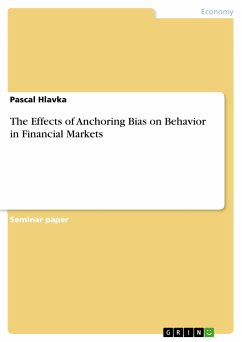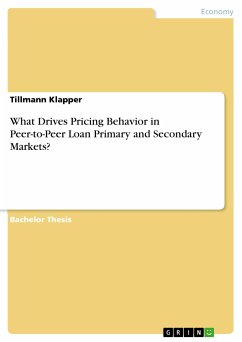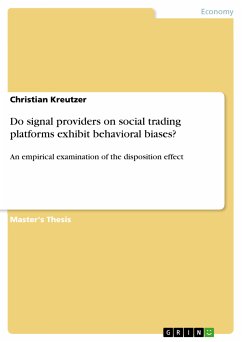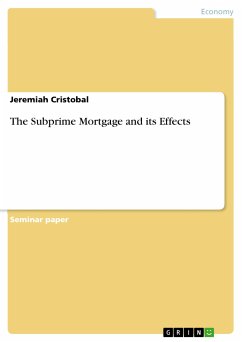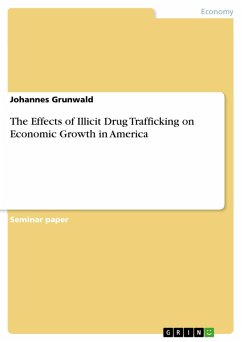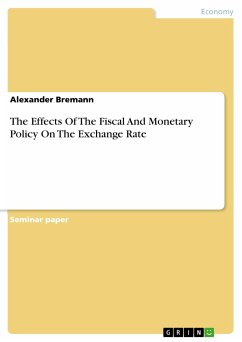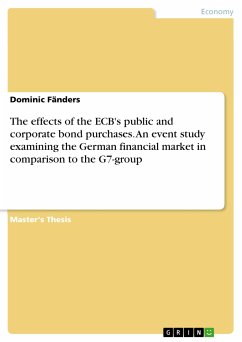Seminar paper from the year 2021 in the subject Economics - Finance, grade: 1.7, LMU Munich, language: English, abstract: The phenomenon of Anchoring bias refers to the influence of arbitrary numbers in decision-making under uncertainty. Humans are affected by anchors on a daily basis, especially when confronted with quantitative tasks. However, basic anchoring effects appear even when individuals are not expected to compare the value to a certain estimation task. Many researchers tried to figure out the reasons for the anchoring bias. Kahnemann et alii conducted three studies and concluded anchoring bias as the disability of adjustment processes. In an experimental setting the anchoring effects are examined by first showing the participant an arbitrary number, then comparing it to a certain targeted value and finally giving an own estimation. The anchoring bias appears in the last step as the estimation is inevitably biased toward the initial anchor. An alternative explanation is found in the studies conducted by Mussweiler et al. They suggest that the anchoring effect is rather a combination of insufficient adjustment and selective accessibility. This paper aims to combine both explanations and test four hypotheses in an experimental setting related to financial markets. The first assumption to be tested is whether a comparative task yields to higher anchoring bias when an anchor is provided or self-generated. The second hypothesis to be proved is whether the anchoring bias can mitigate by giving explanations on the comparative task answers. Thirdly, the paper assumes a positive correlation between motivation and cognitive capacity influence the estimates significantly. Finally, this paper extents the research by asking whether risk-aversion is correlated to the anchoring bias.
Dieser Download kann aus rechtlichen Gründen nur mit Rechnungsadresse in A, B, BG, CY, CZ, D, DK, EW, E, FIN, F, GR, HR, H, IRL, I, LT, L, LR, M, NL, PL, P, R, S, SLO, SK ausgeliefert werden.

